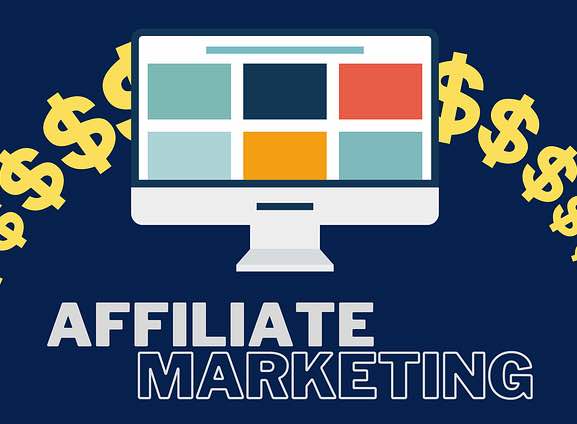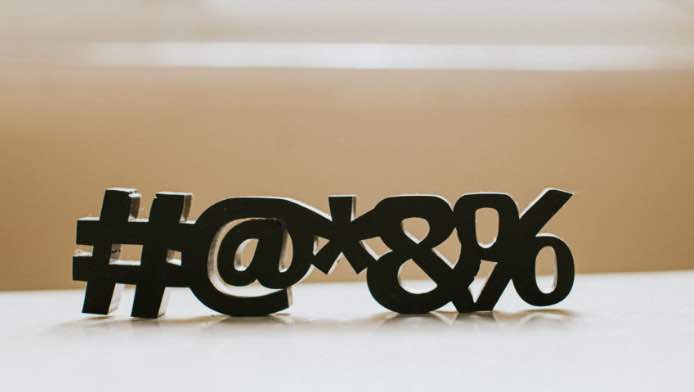As a Big Why Business Founder, you feel passionate about the causes you support and the issues you’re trying to change.
Conscious consumers share that passion, making those causes the perfect connection point to get their attention, engage them in conversation and strengthen your relationship with them – ultimately turning them into paying customers and raving fans.
This is known as ’cause marketing’ – and we’ve seen it done exceptionally well by brands that are passionate about their triple bottom line (people, planet and profit), and not so well when it’s not done with heart…
(Here’s why I felt the 2019 Iceland Christmas campaign about Palm Oil was greenwashing).
Aligning with a cause can be great for business.
In a global study, 91% of consumers said they were likely to switch to a brand that supports a good cause, given similar price and quality.
92% said they would buy a product with a social or environmental benefit given the opportunity, and 67% said they had done so in the past 12 months.
However, with the rise in public awareness of social justice campaigns and climate action, we’ve also seen a rise in ‘purpose washing’, as brands try to ‘cash in’ on good causes and appeal to ethical audiences.
It may not always be intentional, but a purpose washing scandal can bring unwanted negative PR, lose you followers, cost you sales and in the worst cases, can be hard to come back from.
So if you’re going to embed cause marketing in your strategy, you need to go all in.
So how can you use cause marketing effectively?
Choose a cause you believe in
Cause marketing will work best if the cause is something that you and your team believe in.
If you believe in the cause you’ve chosen, you’ll speak passionately about your impact at any opportunity (which will attract new customers), and feel confident promoting your work, because you know that it helps promote the cause you care about too.
Think about your whole supply chain
In 2019, a purpose washing scandal hit the charity sector when the Spice Girls teamed up with Comic Relief to release a charity t-shirt bearing the message ‘#IWannaBeASpiceGirl, as part of the charity’s gender justice campaign.
Money raised from sales of the t-shirts was donated to Comic Relief’s fund to help “champion equality for women”, with the charity receiving £11.60 from the retail price of £19.40 per t-shirt.
But it was later revealed that the t-shirts were being made by (mostly female) workers earning significantly less than living wage in Bangladesh. Reports suggested that women were earning the equivalent of 35p an hour and facing verbal abuse and harassment inside the factory producing the ‘feminist’ t-shirts.
If your business wants to show a real commitment to a cause, purpose must be embedded at a business level, not just a marketing one.
Effective cause marketing campaigns don’t just make donations to charity – they embed the mission of the cause in their whole operation, and they make sure that throughout their supply chain, nothing about the way the business operates compromises or undermines the cause.
This is good news for small ethical businesses. If you don’t have wide profit margins or big budgets that enable you to make cash donations, you can still have a positive impact in your supply chain and talk about this in your cause marketing.
Demonstrate your impact
53% of consumers think brands aren’t as committed to society as they claim. And it’s no surprise with the amount of greenwashing and purpose washing out there in the hundreds of marketing messages we see each day.
For marketing to be effective, consumers have to trust the brand behind it. And nowhere is that more true than cause marketing.
Let your personal passion for the cause shine through. As a small business, it’s a great way to build a connection with your customers that a big competitor brand just isn’t able to do, no matter how big their marketing budget.
It’s also important to demonstrate your positive impact by reporting what you’ve achieved, and seeking out third party certifications and verification where you can.
Even if certifications don’t exist (or out of your price range), you can use impact measurement data, feedback from your charity partners and testimonials from beneficiaries to demonstrate the work you’re doing and how committed you are.
Including an impact page on your website is a great place to start.
Don’t feel guilty!
Many Big Why Business Founders started their business because they want to give back and make a difference. Often, they’ve witnessed a problem first-hand and seek to solve it by creating a business that’s a force for good.
But with so much purpose washing out there, the fear of a PR scandal can put you off when it comes to sharing your impact.
And often, Big Why Business Founders struggle with money mindset issues and guilt about “cashing in” on their cause.
This is one of the limiting beliefs we worked through with Money Mindset expert Rianne Klein Geltink in her masterclass for the #EthicalHour Community (available on demand for members).
It’s not wrong to make money in the impact space – even when what you’re doing is connected to a charity in some way. As a Big Why Business Founder, you need to make an income, otherwise you won’t be able to make a consistent, scalable impact for your cause.
If your efforts are stop/start because the cash isn’t flowing, you won’t make the change you’re here to create!
Positive impact won’t sell your products or services for you, but it will make your marketing more effective and help you attract loyal customers.
According to Forbes, more than 88% of consumers think companies should try to achieve their business goals while improving society and the environment.
So if you’re committed to making a difference for a cause close to your heart, don’t be afraid to bring it into your marketing strategy!
The post How to use cause marketing to promote your brand appeared first on Ethical Hour.




